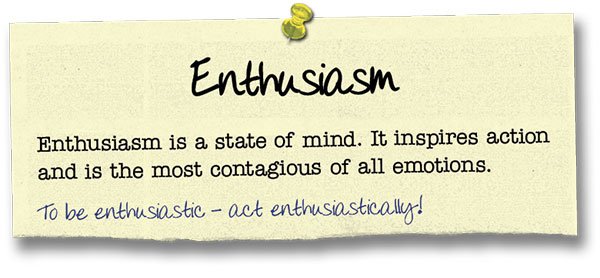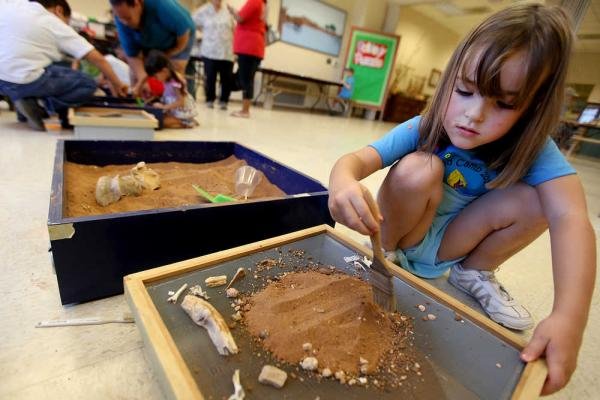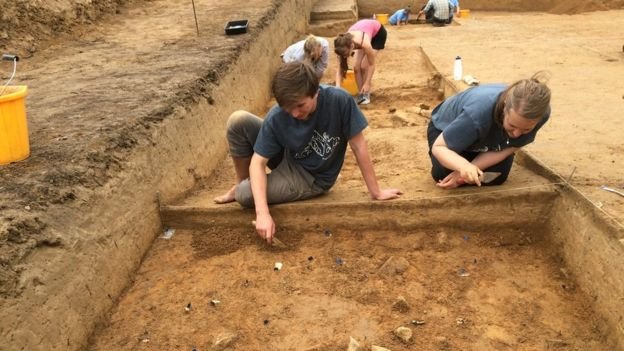To Become or Not to become an Archaeologist?

Career opportunities for professional archaeologists can be found at Universities, Colleges, Museums, in Government service and Private Businesses. Most Archaeological Posts require at least a MA and very often PhD. It will thus be difficult to consider as a Archaeologist without a good academic record., some field experience , strong support from academic supervisors and a moral commitment NOT to collect artefacts for profit.
In most countries a professional archaeologist must have at least an honors degree and be registered with a professional Archaeological Body.
The Personal Qualities needed by an Archaeologist
Anyone wanting to become an Archaeologist needs far more than academic credentials...

Enthusiasm and a passion for the past is the baseline for anyone who enters this field. 
Archaeology thrives on enthusiasm, the best archaeologists are those with the kind of "fire in their bellies" that enables them to raise money to overcome major practical obstacles, and carry out their work.
Infinite patience to carry field work and other research that can involve slow moving repetitive tasks. and dealing with sometimes-difficult people.

A mind that thrives on detail, since a great deal of archaeology is minutiae - small attributes of stone tools and potsherds, analyzing computerized data , studying tiny details of the past for weeks or months on end. Both excavation and survey, to say nothing about the laboratory work require great patience and concern for detail.
Adaptability, an ability to cope with traveling, uncomfortable fieldwork and often primitive living conditions, is essential. There is also a need for the necessary fitness to walk distances and to thrive on improvisation under difficult conditions.
Good organisational skills are required, since a great deal of archaeology concerns logistics and the organisation of field crews, site archives and even camp kitchens.
Cultural sensitivity and good people skills are essential. Many of the archaeology's most successful practitioners invest enormous of time in cultivating people and communicating with local communities and other cultural groups. This is one reason why a background in anthropology is also important. to an archaeologist.
A commitment to ethical archaeology is also necessary. Do not become an archaeologist unless you are prepared to adhere to the ethical standards demanded of such professionals.

A sense of humor may seem self- evident, but is vital, for many archaeologists take themselves far too seriously. Have your ever spent a week writing a paper or A Steemit Post, then had your computer implode without backup? "This I say from experience." Moments like that beset all field , and other, research. That is why archaeologists need a sense of humor, because sometimes everything that can go wrong does wrong- all at once.
Being an Amateur Archaeologist

Archaeology depends on informed amateur archaeologists (often called "avocationals"), who volunteer on excavations, in laboratories, and in museums. Many important contributions to archaeological research come from amateur archaeologists, often members of local archaeological societies, who participate in excavations and keep an eye out for new discoveries in their areas. There is a strong tradition of amateur scholarship in archaeology, especially in Europe, where some avocationals have become world authorities on specialized subjects as ancient rabbit keeping or specific pottery forms, and they publish regularly in academic journals.

Archaeology could not function without volunteers, whether on Earthwatch - supported excavations or through quiet work behind the scenes cataloging artefacts or running lecture programs. If you seriously have a interest in volunteering and pursuing archaeology on a regular basis as an amateur, there are many ways to become involved through local organisations such as universities and other educational institutions, museums and archaeological or related societies.In these days of highly specialized research and professional scholarship, it is easy to say there is no place for amateurs. This statement misses the point. Amateurs brings an extraordinary range of skills to archaeology. Your talents are invaluable.
Please follow me for more information on Archaeology and History
Please check out my post below :
